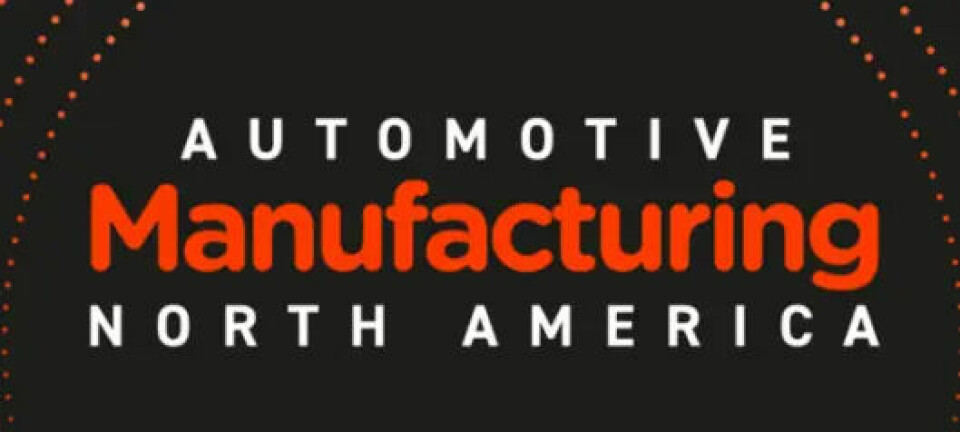EV Policy Reckoning
Mercedes Chairman urges EV "reality check" on EU 2035 car ban lest region “collapse”

Mercedes-Benz’s Ola Källenius warns Europe’s automotive industry could collapse under a rigid petrol and diesel ban by 2035, urging a technology-neutral and economically sustainable path.
Mercedes-Benz chief executive Ola Källenius has warned that the European Union’s plan to ban sales of new petrol and diesel vehicles from 2035 could trigger “a collapse” of the continent’s car market. “We need a reality check. Otherwise we are heading at full speed against a wall,” he said.
Källenius argued that consumers may rush to buy petrol or diesel cars before the cutoff, creating a last-minute surge that “doesn’t help the climate at all.” As president of the European Automobile Manufacturers’ Association (ACEA), he has urged policymakers not to lose sight of economic realities in the drive towards greener transport.
Electric uptake lags behind political ambition
Despite the EU’s push for electrification, battery-electric vehicles accounted for just 17.5% of new passenger registrations across Europe, including the EU, UK and EFTA, in the first half of 2025. Adding plug-in hybrids lifts the share to roughly a quarter, leaving the majority of buyers still opting for combustion engines. Källenius warned that forcing an abrupt transition risks flattening demand after 2035, with a severe knock-on effect for Europe’s manufacturing base.
The situation is not unique to Europe, however, as can be seen in the recent case where four of North America's largest truck manufacturers—Daimler, Volvo, Paccar, and Traton—brought legal action to challenge the Clean Truck Partnership (CTP); an agreement they signed in 2022 to meet California's emissions regulations.
The vehicle manufacturers argued they found themselves "in an impossible position" because the state continued to demand they meet state-specific emissions cuts, while the federal government (which recently revoked California's authority to set its own standards) was ordering them to disregard those same rules. The lawsuit found the vehicle producers were "caught in the crossfire" between these conflicting demands to force emissions cutting.
The manufacturers ultimately resolved the issue by agreeing to eschew and dissolve the partnership and avoid entering into similar agreements that would allow them to enforce rules on one another in the future.
Carrots rather than sticks
Mercedes-Benz' Källenius is also implicitly aware of the “impossible position” of such enforced rates of emissions cutting, although he is not in principle opposed to decarbonisation - albeit calling for a rethink of the deadline. “Of course we have to decarbonise, but it has to be done in a technology-neutral way. We must not lose sight of our economy,” he said.
Källenius advocated measures such as tax breaks, low-cost electricity for charging, and accelerated investment in public infrastructure, to bring about this transition in a more realistic way. Building a comprehensive charging network, he noted, could take “ten, perhaps 15 years” — a target that he believes has seen “far too little” progress to date. Without this support, Källenius believes Europe risks losing the industrial strength required to sustain innovation and deliver climate goals.
Broader industrial headwinds
The 2035 ban review comes at a time of growing strain for European automakers. Demand for new vehicles remains fragile, Chinese manufacturers are gaining market share, and global trade tensions are adding uncertainty to supply chains. Källenius warned that these pressures, combined with an inflexible policy timetable, could weaken a sector that remains one of Europe’s largest sources of jobs, investment and export revenue. And there are many who agree, and may even be inclined to describe the situation as ‘painfully obvious’.
What this means for automotive manufacturing
If Källenius is correct, a hard deadline without adequate incentives risks a two-phase disruption: a pre-2035 spike in internal combustion engine sales, followed by a steep demand collapse that could close plants, cut jobs and erode supplier networks.
For manufacturers, regulatory clarity is essential, but so is flexibility. A more nuanced approach could blend electrification with interim technologies such as e-fuels, hydrogen and hybrids, supported by targeted tax incentives, affordable charging and robust infrastructure.
From automotive production, this transition is not solely about ‘changing the powertrain’. It affects workforce skills, production line configurations, battery sourcing strategies, and investment planning across the entire supply chain. Europe’s ability to maintain global competitiveness will depend on policies that align environmental ambition with industrial resilience, failing which, China’s dominance in the market is likely inevitable.





